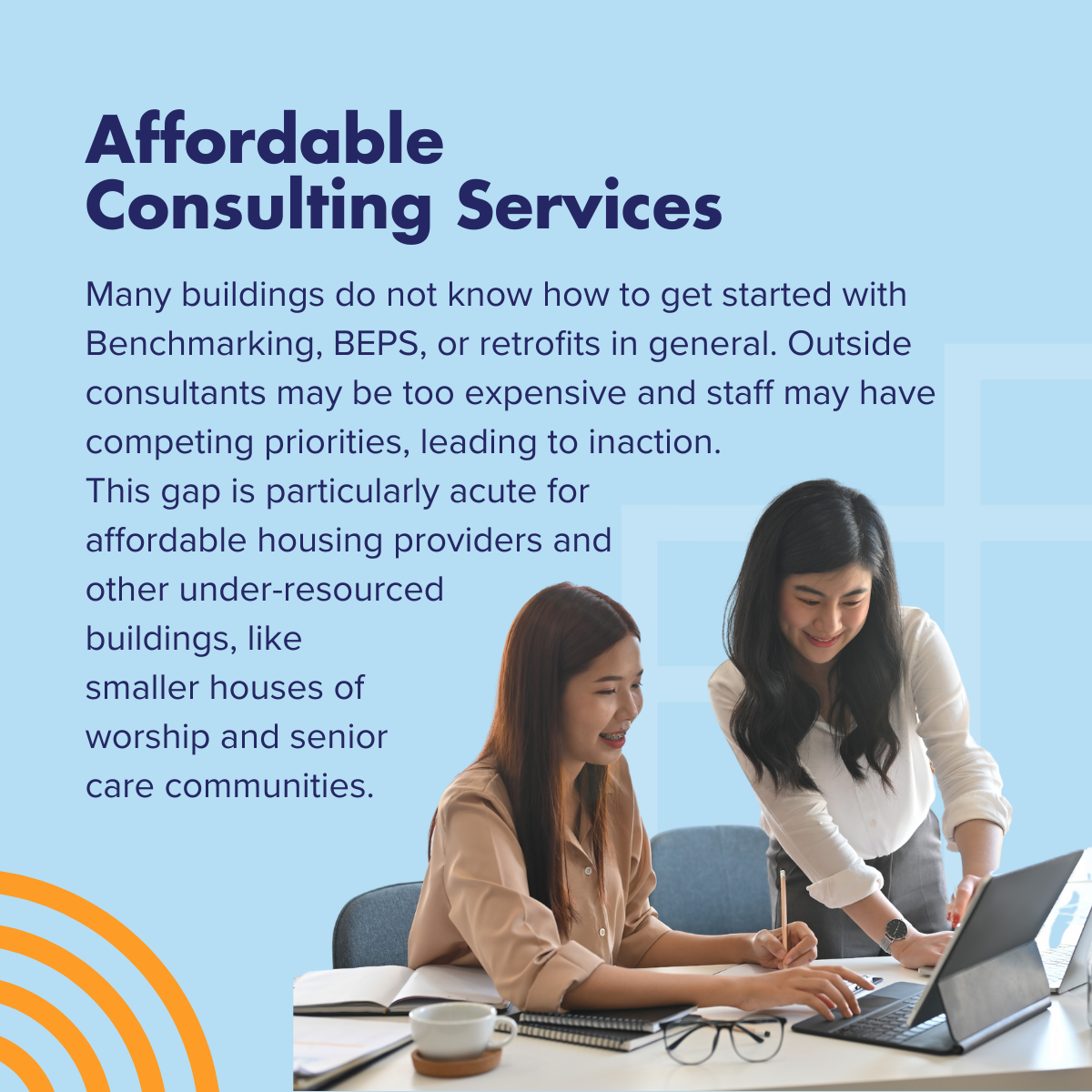The Building Innovation Hub is dedicated to transforming the DC region’s buildings and economy to better support our residents and businesses. To do this, we need to know what’s working, what’s not, and how we can help. Every year we conduct an annual industry needs assessment survey, and collect feedback through numerous events, email outreach campaigns, meetings, and ongoing Hub services. Below is a summary of what we’ve heard in 2024.
Key Takeaways
“Along with striving to design better buildings and cities, we’re constantly working to improve our practice. We continuously challenge ourselves to enhance our organization and processes. If we’re going to ask our clients to invest in building a better future with us, we must lead by example.”
While many themes in 2024 were similar to years past, there were some notable shifts:
- Focus on social priorities is increasing. The industry is seeing tangible changes in procurement and hiring practices, as well as the development of more environment, social, and governance (ESG) plans.
- The Hub is receiving more sophisticated building performance questions, such as those about grid interconnectedness, the relationship of health and energy, artificial intelligence in buildings, embodied carbon and regulation planning, and net zero standards.
- Many DC buildings (50,000 sq ft and up) indicate an understanding of DC’s Building Energy Performance Standards (BEPS) and larger practitioners are comfortable with the requirements. Smaller buildings are considerably less knowledgeable as they won’t be subject to the BEPS until the next cycle and just started benchmarking in 2022. Smaller buildings are looking for resources and one-on-one support to be prepared for success.
- The vast majority of survey respondents (83%) are following the evolution of DC BEPS and code closely or somewhat closely. Respondents are less familiar with Maryland state and Montgomery County BEPS regulations, with responses at 43% and 47% respectively.
As in previous years, the DC area building industry is concerned about how to pay for retrofits and how to comply with BEPS and updated building codes simultaneously. However, familiarity with local codes and BEPS is increasing, and people understand the importance of tracking an existing building’s energy usage over time. An analysis of the Hub’s survey results from 2019 to 2024 shows that over the last 5 years there has been:
- Increased familiarity with DC’s BEPS, from ~10% to 80%
- Increased familiarity with DC energy and green building codes, from ~ 25% to 40%
- Increased focus, from ~ 50% to 63%, on social priorities in building projects, specifically through changed planning and procurement practices
Industry Gaps and Barriers
Through the Hub’s continual assessment of industry priorities and needs, it is clear that the informal regional network of organizations supporting high-performance buildings is still under-sized to meet the demand. Through discussions with stakeholders, particularly affordable housing providers and representatives from other under-resourced building typologies, the biggest gaps are those listed below.

The Hub continues to support training programs in the region such as DCSEU’s Train Green. In addition, the Hub’s Capital Region Green Buildings Career Map showcases pathways for green careers and connections with relevant training.

The Hub’s Capital Region Green Buildings Career Map supports the growth of a qualified workforce in the region, and the Hub is working to increase use by partnering with community-based organizations, especially in historically disinvested communities.

The Hub funding and financing database lists numerous local opportunities, and the team will continue to expand related resources.

The Hub has partnered with local buildings and practitioners to prepare a series of case studies which set an example providing guidance on how to make building performance improvements a reality. The Hub continually seeks new case studies from local partners.

The Hub helps building stakeholders with questions around building performance regulations and best practices for energy efficient, healthy buildings. While we do not offer consulting services, we can help you get started: check out the Hub’s website or contact us for more information. In addition, our resources, such as the downloadable Condo BEPS Toolkit or Retro-Commissioning scope of work, offer simplified explanations and usable tools.
The Hub is continuing to evolve and adapt our resources and offerings to better serve you. Stay tuned this next year for more case studies, fact sheets, and other resources to accelerate high-performance buildings. We will provide updated guidance on evolving codes and policies and industry best practices. We are also planning further improvements to our Vendor Matching program, additional presentations and training, roundtable discussions, events, and more!

